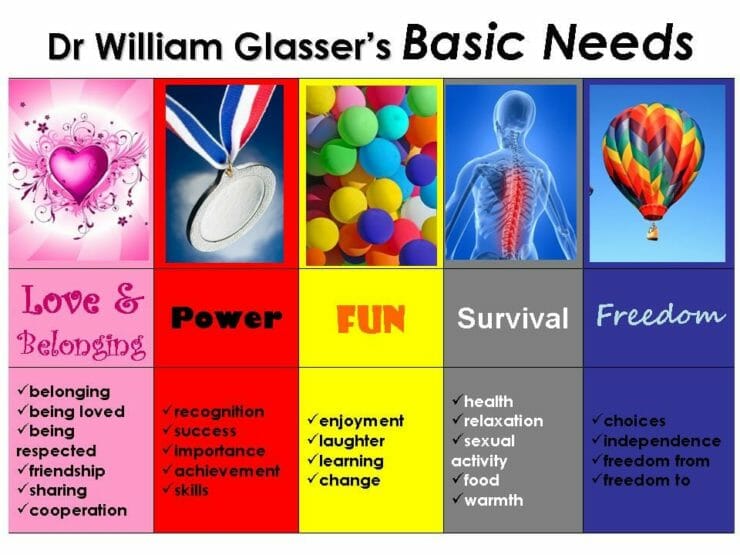
One major challenge of moving houses is telling the kids about it. Most parents are afraid to do this. They wonder when the right time will be to share the information with the kids and how to do it.
If you have young kids, do not tell them about the move a long time in advance.
Children’s perception of time is not sophisticated enough yet and they will just be anxious. As soon as you tell your kids that the move is on, they begin to deal emotionally by saying goodbye to the people and things around them (this is a coping mechanism we all have to manage). As a result, kids who are about to move away are often not invited to parties. People around them do not invest in their relationships any more.
This happens to adults as well…















